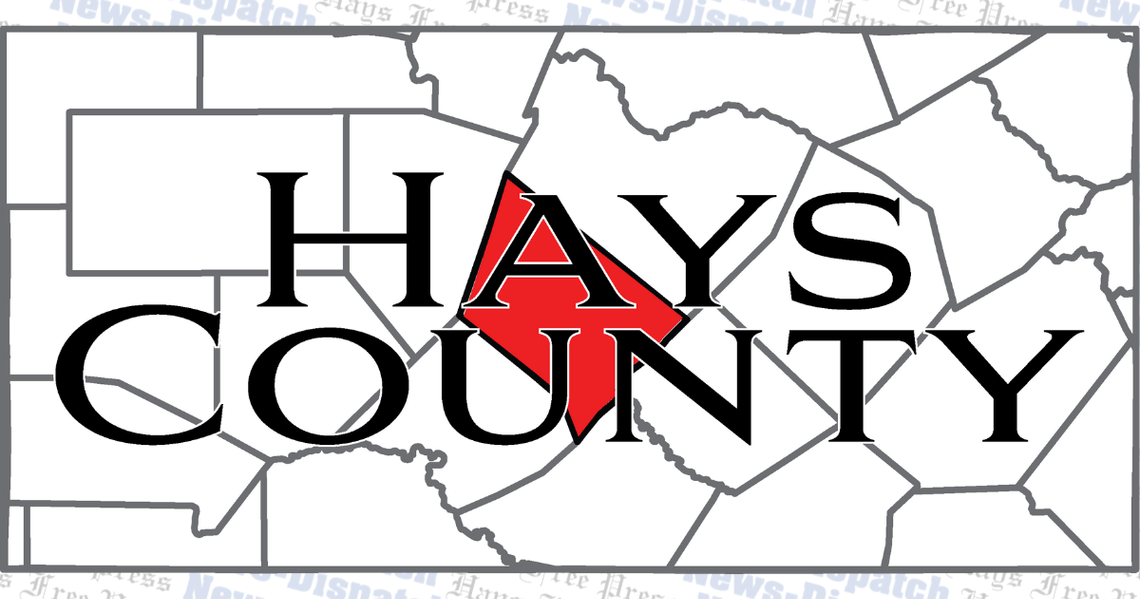AUSTIN — The Greater Austin YMCA locations, including those in Hays County, are stepping up to provide some free counseling services for those impacted by the Texas Hill Country floods.
The counseling program at the Greater Austin YMCA provides mental health support to adults — either individually or as a couple — families and children across Hays and Travis counties, in both English and Spanish. The nonprofit organization just announced in early July that it will offer up to three free counseling sessions, either in-person or via telehealth, for those affected by the floods.
“A big part of the overall goal of our organization is to help our community to be strong and to be healthy. Obviously, the folks in Kerr County are struggling. They're suffering,” said Kristen Pierce, associate vice president of Integrated Mental Health & Community Wellness at the Greater Austin YMCA. “We want to offer pro bono counseling services to anyone who feels impacted by what happened and so, this is what we can offer. We're trying to do what we can to support them.”
The YMCA is able to provide financial assistance for a lot of their services, Pierce explained, as they are trying to expand access to programs. These sessions are available through a partnership with Saint Edwards and Texas State universities, along with a newer partner, Abilene Christian University.
“We contract with [the universities] to get graduate level counseling students to work in our program, in addition to our licensed professionals. Because we work with them, they are free to us, because through working with us, they collect hours toward their internship. So, it's sort of a win-win in that they get hours towards their internship for graduation and we get their services,” she said. “I have the appropriate credential as a licensed marriage and family therapist and supervisor, so I can provide on-site clinical supervision to them … In a typical scenario, we would offer very deeply discounted rates for services with [the students], but in this instance, we can afford to offer these services for free to those who need it.”
Pierce explained what a typical counseling session would look like, with the initial appointment being a 75-minute intake that starts out with walking through paperwork with the clients, along with going over policies and confidentiality. The first session is usually trying to identify what is going on with the individual, what steps they have already taken to address the issue and their previous mental health support experiences. Following that, the appointments are 50 minutes and people generally come in weekly or bi-weekly.
It will depend on the specific individual if it may be time to seek professional help, such as counseling, Pierce explained, but if they are experiencing some kind of distress that persists for an extended period of time, that may be a sign to get outside support.
“It's normal to feel sad sometimes, especially when something happens in your life that you know would make anyone sad or, I mean, anxiety, we all have some anxiety. If you're walking down the street and somebody makes you feel uncomfortable [and] was walking behind you and you cross the street as a result, that's a normal, or a very typical, reason. One might feel anxious, but if any of these symptoms persist longer than a month or so and you kind of just can't shake it, that might be a reason,” Pierce said. “If you are struggling with a child or an adolescent, there's behavioral issues or you're concerned that your child is exhibiting symptoms where they're really sad, really anxious, maybe they have some disordered eating habits or any of those kinds of things that might be a reason to bring your family in for therapy.”
Statistically, the sooner people come in for treatment, the better their outcomes will be, Pierce continued: “I try to normalize therapy as something that should be and can be a preventative choice. If you go to the dentist twice a year and you get an annual physical, or you go get your hair colored every six weeks, these are preventative things that we do to support our outsides and our physical health. I think taking a similar approach to mental health is better and will yield better outcomes for people.”
The Greater Austin YMCA, which oversees eight locations across the Central Texas region, including in Buda and Dripping Springs, is also looking at other ways to support those affected by the recent flooding. Chief operations officer Shaq Brown said that they are working closely with the Texas YMCA State Alliance, under the leadership of chief executive officer Greg Hartman, to coordinate a longer-term regional response, going beyond immediate relief, which includes mental health counseling and access to other YMCA services.
YMCA is partnering with One Star Foundation and Texas Voluntary Organizations Active in Disaster to ensure that both survivors and first responders have access to critical mental health services in the days and months ahead, Brown said.
“The emotional toll of disasters like these often surfaces after the initial crisis and we’re committed to being there through every phase of recovery,” Brown said. “At the YMCA, we recognize that rebuilding takes time — physically, emotionally and communally. As a statewide movement rooted in local relationships, we are here for the long haul to help restore well-being, dignity and hope to those most affected."
Currently, there is no distinct timeline on how long the free flood relief counseling services will be available, as the Greater Austin YMCA is monitoring the situation closely and will extend services and adapt its approach based on client feedback.
To schedule a session, visit www.austinymca.org/programs/counseling or email [email protected]. When registering, select a counselor and choose “Flood Support” from the list of appointment reasons to access free sessions.










